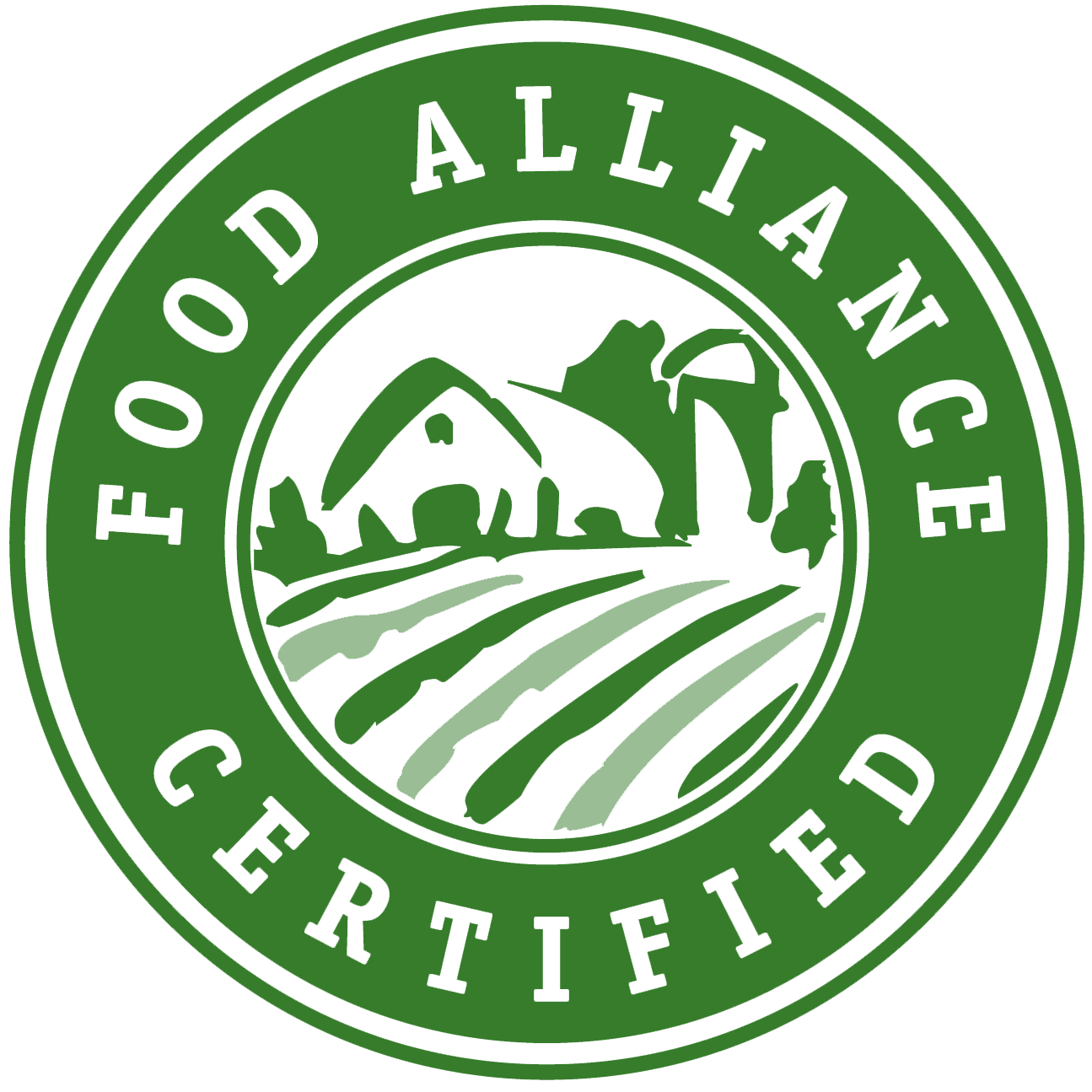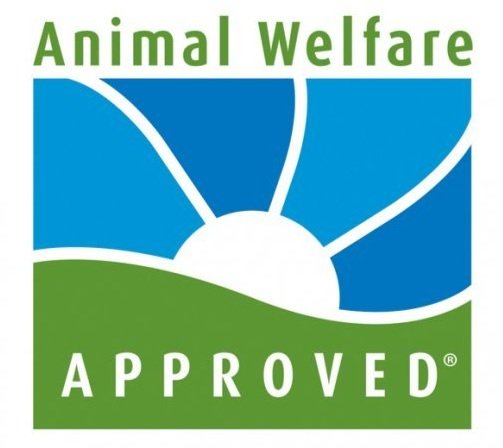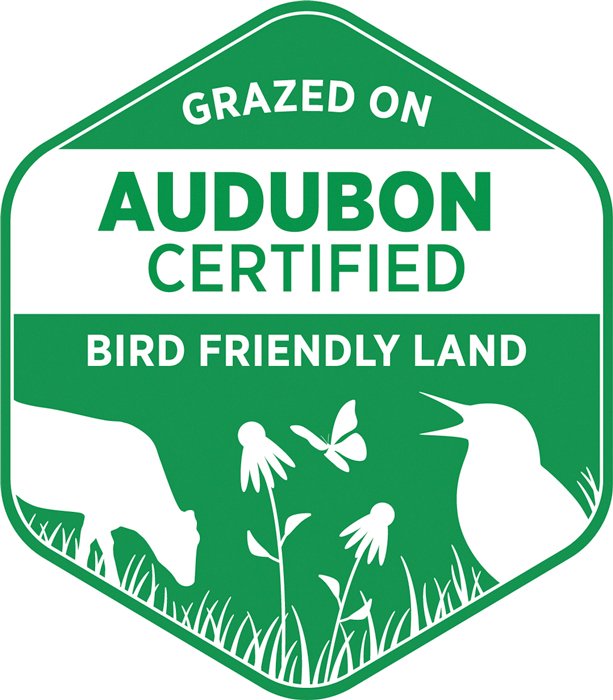Understanding Third-Party Food Certifications
Food production standards have existed in one form or another nearly as long as humans have been producing food. Today, as in the past, formal food production regulations like those overseen by the USDA and the Food and Drug Administration (FDA) are aimed at protecting consumers from harm by enforcing a level of transparency. But with the advent of industrialized farming and livestock production, advanced food processing methods, global food supply chains, and modern consumer culture, maintaining transparency across food systems has become increasingly complex. And as food buyers have grown more savvy about not only safety concerns but the multiple social and environmental issues involved in modern food production, food sellers have become equally sophisticated at developing jargon to speak to those concerns—some of which can be trusted but a lot of which has only made it harder to know what we’re eating. Terms like “free range” and “natural” and “pesticide free” are difficult to either trust or debunk without clear standards to measure them by.
Third-party certification developed in the late twentieth century and has grown in popularity as an effective way to combat this problem. Certifications demonstrate food producers’ commitment to, and aid consumer confidence in, responsible food production methods. Certifications fill the gaps left by, or in some cases created by, federal regulation and cut through the noise of marketing terms, giving consumers a quick, trusted way to assess whether the food they’re buying meets their standards. In general, it is better to trust third-party certifications over unregulated and/or unverified marketing claims.
Choosing whether and how to get your business third-party certified is a matter of deciding what you want to communicate to your community and buyers about your production methods and which certification(s) best suits those goals.
What is Food Alliance Certification and how is it different?
Food Alliance is a comprehensive, whole system certification designed to recognize and address the interconnected nature of healthy food, a healthy environment, and healthy communities. Food Alliance certification combines issues treated by many of the single certifications below and offers programs tailored to a full spectrum of food production activities, from agriculture and shellfish cultivation to food and beverage processing, packing, and shipping.
Food Alliance is the most experienced sustainable agriculture certifier in the US—we’ve been working with farms, ranches, and food and beverage businesses since 1997 to develop and maintain our sustainability standards. Through that work, we’ve established eight guiding principles that inform our certification programs:
Support safe and fair working conditions
Ensure healthy, humane animal treatment with no growth hormones or non-therapeutic antibiotics
Protect, enhance, and conserve soil resources, water resources, and biodiversity
Reduce risks associated with pesticides and other toxic or hazardous materials
Conserve energy, reduce and recycle waste
Guarantee product integrity, no genetically engineered or artificial ingredients
Maintain transparency and the “chain-of-custody”
Continually improve practices
Food Alliance’s mission, like that of the reputable certification programs listed below, is to provide food producers the opportunity to differentiate their products and signal their commitment to the values they and their consumers and communities care about.
To learn more about the Food Alliance certification and which Food Alliance program best suits your business and products, explore our Certification Process.
Common certifications to know
Here we go over some of the most common third-party certifications to help demystify and narrow a crowded market. These certifications address sustainability issues related to environmental stewardship, social responsibility, and humane animal treatment and are independently certified using meaningful standards.
USDA Certified Organic
The National Organic Program (NOP), a program of the USDA, developed national standards to signify food produced without the use of most synthetic pesticides and fertilizers, antibiotics, genetic engineering, irradiation, or sewage sludge. The NOP accredits third-party organizations to certify that farms and businesses meet the national organic standards and can use the term “organic” on their label.
Non-GMO Project Verified
Standards set by the Non-GMO Project require food producers to comply with systems that trace, segregate, and regularly test ingredients at high risk of being genetically modified or exposed to genetically modified organisms, providing consumers the option to avoid GMOs in their food.
Demeter Biodynamic
Like USDA organic certification, Demeter Biodynamic certification prohibits harmful farming practices but goes a step further, however, taking soil health, animal welfare, and biodiversity protection into account as well as dictating standards for food processing.
Rainforest Alliance Certified
The Rainforest Alliance is aimed at promoting environmental sustainability and promotes conservation of biodiversity and natural resources, and farm management that improves the livelihoods of farmers and their local communities.
Fair Trade Certified
Fair Trade USA Certified food products contain one or more ingredients produced and traded in a way that meets Fair Trade’s standards for improving the lives of food producers around the globe.
Certified Animal Welfare Approved by AGW
This is an animal welfare certification administered by A Greener World (AGW) that indicates high standards of animal treatment through all stages of production, from breeding and pasture or range feeding on independent farms to transport and slaughter.
Certified Humane
Humane Farm Animal Care sets the standards for this certification, which guarantees that animals have the freedom to behave naturally, are fed a diet free of animal by-products, antibiotics, and growth hormones, and are slaughtered humanely.
Salmon-Safe
Salmon-Safe certification requires food producers (and other businesses) to adopt practices that protect water and wildlife habitat in West Coast salmon watersheds. The standards include water quality and use management, erosion and sediment control, animal management, and conservation of biodiversity.
Audubon Conservation Ranching Program
Audubon developed the Conservation Ranching Program to focus on the protection of native grasslands, which provide critical habitat to birds and other wildlife throughout the world.












